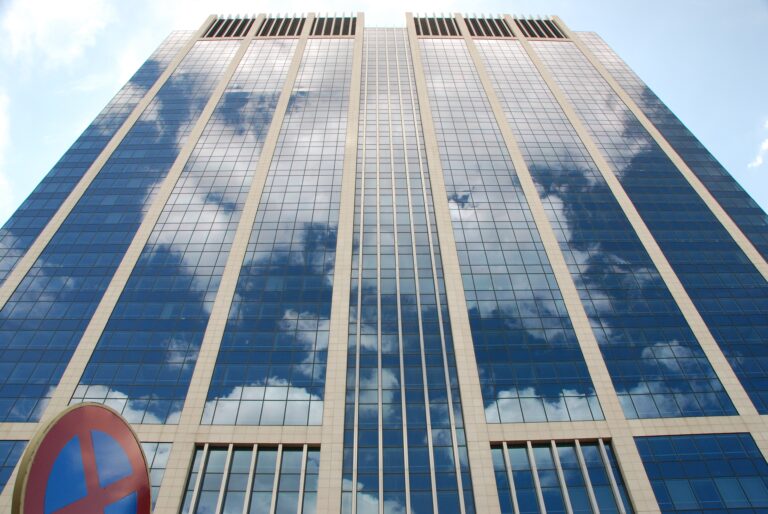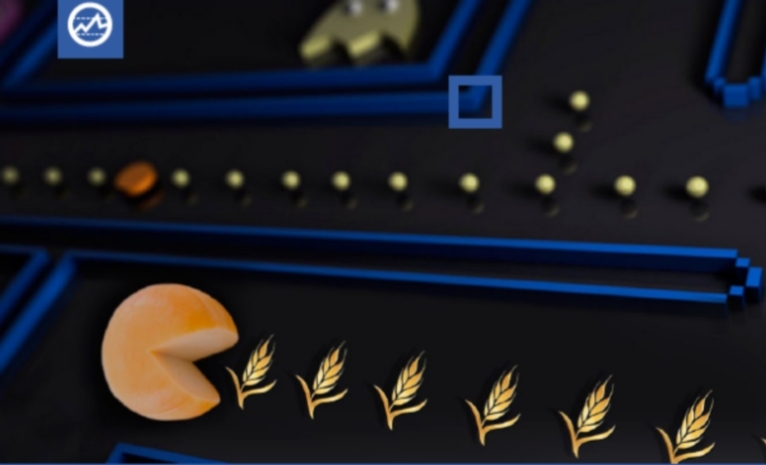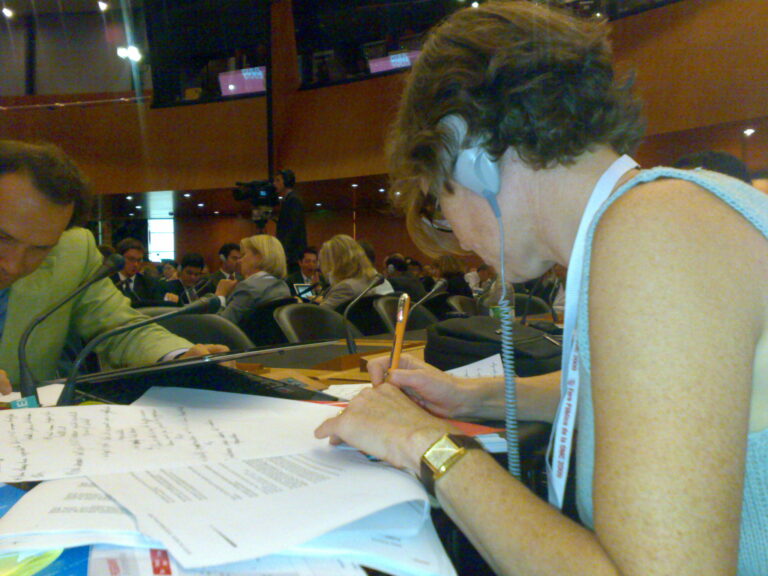
Will the European Parliament vote for food and energy price speculation and financial instability?
For the past two years, sparks have been flying between the European Parliament (EP), the European Commission (EC) and the European Securities and Market Authority (ESMA) when it comes to setting standards to restrict price speculation for food, energy and other commodity derivatives.
Conflicts are still simmering ahead of an upcoming EP plenary vote on two standards of the Market in Financial Instruments Directive (MiFID II). These standards on speculative commodity trading – known as RTS 20 and 21 – had to be redrafted by ESMA and the EC after pressure from the EP’s committee dealing with financial regulation (ECON).
One of the outcomes was that ‘position limits’ on speculative trading in food derivatives could be set at somewhat lower levels than for other commodities (RTS 21). However, a starting point (‘baseline’) for setting position limits for food derivatives is set at 20%. This still allows regulators to permit one speculative trader to derail pricing by holding 35% of a certain food derivative market, and even up to 50% in exceptional circumstances.
The Socialists & Democrats Alliance (S&D) – already supported by Greens and GUE/NGL – is calling on MEPs to reject RTS 21 at the plenary vote in order to lower the baseline to 15% and hold on to MiFID II’s ambition to curb food speculation.
Society and business at loggerheads
Throughout the MiFID II process, civil society organisations have been advocating for restrictive position limits to prevent food price speculation, excessive volatility and price spikes that could force millions of people to go hungry, as happened in 2007 and 2008. A new public campaign(opens in new window) asks MEPs to vote against RTS 21 in plenary in order to set tough restrictions on food speculation. The online petition had already gathered 72,000 signatures by Thursday, 9 February 2016.
The commodity industry and financial players have also been lobbying vigorously at all levels, so that the MiFID II implementation has been delayed until 2018. They also successfully pressed to keep the limits on speculative positions as high as possible, arguing that commodity prices would increase due to lack of liquidity. They also fear that trade would migrate to US derivatives markets since the current US deregulatory financial agenda includes commodity derivatives trading.
Commodity conglomerates such as Cargill, as well as energy providers, have also heavily lobbied against the second standard, RTS 20. This standard defines whether speculative derivatives trading by a commodity company is not excessive, but ‘ancillary’, compared to that company’s overall activities and to derivatives markets. Similar lobbying took place in the US under the Dodd-Frank Act.
The US authorities decided that Cargill, Shell and BP needed to be regulated as financial players (‘swap dealers’) because of the huge volume and nature of their speculative derivatives trading. Under MiFID II, any commodity company whose speculative trading goes beyond a set threshold would fall under stricter financial regulation, which companies consider too costly. The currently proposed high threshold (RTS 20) will result in light regulation and reduced robustness against financial shocks.
New trends in speculative trading
Deregulation in the US might bring back the same kind of excessive speculation that allowed food and energy prices to peak in 2007-2008, which also severely affected poor people across the EU.
As a World Bank study(opens in new window) exposed, increases in agricultural commodity prices can be attributed by more than 50% to changes in crude oil prices. It is notable that, since 2013, commodity conglomerates have increased their speculative commodity trading for financial investors – hiring traders from investment banks and buying up the commodity desks from some investment banks. This is a highly risky practice given that many hedge funds have had to close down due to some bad investments with commodity derivatives. Commodity conglomerates also seem to speculate with derivatives to offset losses from low prices and disinvestments from CO2 related energy.
Ignoring the risks of climate change
Climate change can lead to bad harvests, resulting in high volatility and spikes in food commodity prices. The more volatility there is, the more speculative financial traders enter the commodity markets. Central banks become more aware that a sudden reduction in fossil fuel use, triggered by rapid climate change or disinvestment from fossil fuel-related companies, could have a disastrous impact on global financial stability(opens in new window) In these scenarios, large investments based on wrong assumptions result in non-payments of derivatives contracts, falling share prices and non-performing bank loans. High position limits (RTS 21) combined with weak ‘ancillary activity’ rules (RTS 20) can therefore send shockwaves to interconnected derivatives and financial markets.
The EU needs to protect people from food price speculation, new trends in risky commodity speculation and climate change impacts. We urge MEPs to take action by voting against RTS 21.
Do you need more information?
-

Myriam Vander Stichele
Senior Researcher
Related content
-

-
 EU laws for markets and traders in agricultural derivatives assessed for European ParliamentPosted in category:NewsPublished on:
EU laws for markets and traders in agricultural derivatives assessed for European ParliamentPosted in category:NewsPublished on: -

-

-

-
-
European Commission’s proposal for financial markets lacks teethPosted in category:NewsPublished on:

